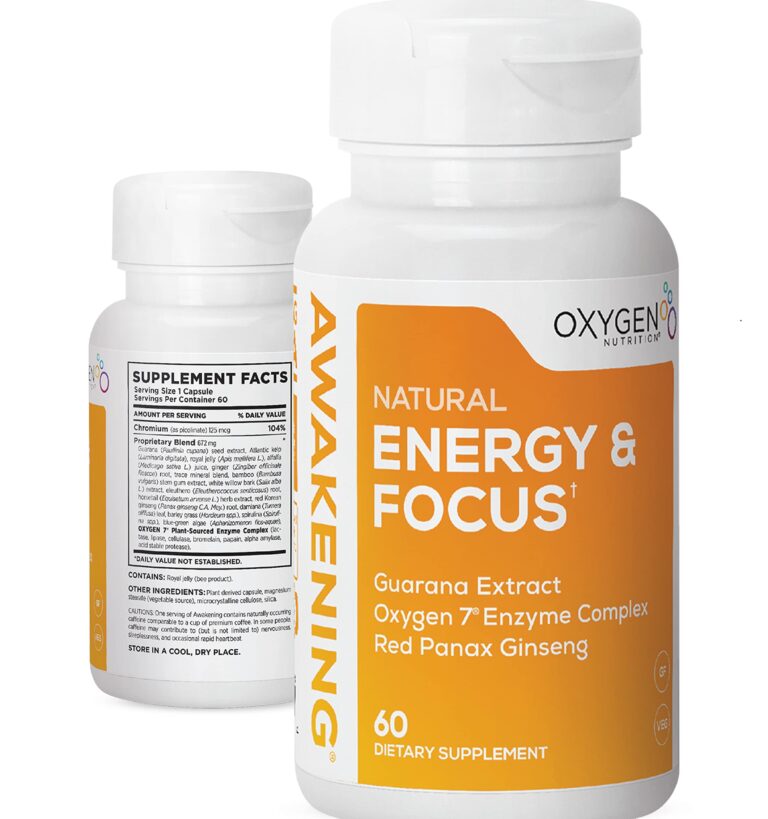Natural Ways to Boost Immune Health: Strengthening Your Body’s Defenses
Maintaining a strong immune system is essential for protecting your body from illness and infections. While many people turn to medications and supplements to boost their immunity, there are several natural ways to support and strengthen your immune health. By incorporating certain lifestyle habits, foods, and practices, you can enhance your immune system’s ability to fight off pathogens and stay healthy year-round. This article will explore natural methods to boost your immune health, providing actionable steps to help you stay resilient against illnesses without relying on synthetic solutions.
Eat a Balanced Diet: Fueling Your Immune System with Nutrient-Rich Foods
One of the most effective natural ways to boost immune health is by eating a balanced, nutrient-rich diet. Foods that are high in vitamins and minerals, especially vitamin C, vitamin D, zinc, and antioxidants, play a critical role in supporting immune function. Citrus fruits like oranges, grapefruits, and lemons are rich in vitamin C, which is known for its ability to enhance the production of white blood cells. Similarly, vitamin D, found in fatty fish like salmon and fortified dairy products, is essential for activating immune responses. Including a variety of colorful fruits, vegetables, whole grains, and lean proteins in your diet ensures your body receives the nutrients it needs to function optimally and fight off illnesses.
Stay Active: The Power of Regular Exercise for Immune Health
Exercise is another powerful, natural way to boost immune health. Moderate, regular physical activity helps improve circulation, allowing immune cells to move more freely throughout the body and detect potential threats more efficiently. Activities like walking, jogging, cycling, or yoga can help reduce inflammation, which is beneficial for overall immune function. Exercise also supports the production of endorphins, which are chemicals in the brain that reduce stress. Chronic stress weakens the immune system, so reducing it through regular exercise can significantly improve your body’s ability to fight off infections. Just 30 minutes of moderate activity most days of the week can make a noticeable difference in your immune health.
Prioritize Sleep: Restorative Sleep is Essential for Immunity
Adequate sleep is essential for maintaining a healthy immune system. During sleep, your body undergoes vital repair processes, including the production of cytokines—proteins that help fight infection and inflammation. Chronic sleep deprivation can lead to a weakened immune response, making you more susceptible to illnesses. Adults should aim for 7-9 hours of sleep per night to allow the body to rest and rejuvenate. In addition to quantity, the quality of sleep matters too. Ensure that your sleep environment is quiet, dark, and cool, and avoid screens and stimulants like caffeine before bed to promote restorative sleep.
Manage Stress: Reducing Chronic Stress for Better Immunity
Chronic stress is one of the most significant factors that can weaken your immune system. When you’re stressed, your body releases cortisol, a hormone that, in high levels, can suppress the immune response and make it harder for your body to defend against illness. Managing stress through mindfulness practices, deep breathing exercises, meditation, or simply taking time for activities that bring you joy can help lower cortisol levels and support a healthy immune system. Additionally, practices like yoga and Tai Chi combine movement with mindfulness, offering a holistic approach to reducing stress and boosting immune health.
Stay Hydrated: Hydration and Immune Function Go Hand in Hand
Staying hydrated is a crucial yet often overlooked aspect of supporting your immune health. Water helps transport nutrients throughout the body, remove toxins, and maintain the optimal function of every cell, including those of your immune system. When you’re dehydrated, your immune system may not be able to perform at its best, leaving you more vulnerable to infections. Drinking enough water throughout the day—about 8 cups for most adults—ensures that your body stays hydrated and can function efficiently. Herbal teas, like ginger and chamomile, can also provide additional benefits, with anti-inflammatory properties that support immune function.
FAQs
- How can I boost my immune system naturally? You can boost your immune system naturally by eating a nutrient-rich diet, staying active, getting enough sleep, managing stress, and staying hydrated.
- What foods are best for boosting immune health? Foods rich in vitamin C (citrus fruits), vitamin D (fatty fish), and zinc (nuts, seeds, legumes) are excellent for boosting immune health.
- How does exercise improve immune health? Regular, moderate exercise improves circulation, reduces inflammation, and enhances the movement of immune cells, supporting the body’s ability to fight infections.
- Why is sleep important for immune health? During sleep, the body produces cytokines that help fight infections. Lack of sleep can suppress immune function, making you more susceptible to illness.
- Can stress really affect my immune system? Yes, chronic stress increases cortisol levels, which can suppress the immune response. Managing stress through relaxation techniques can help maintain immune health.
